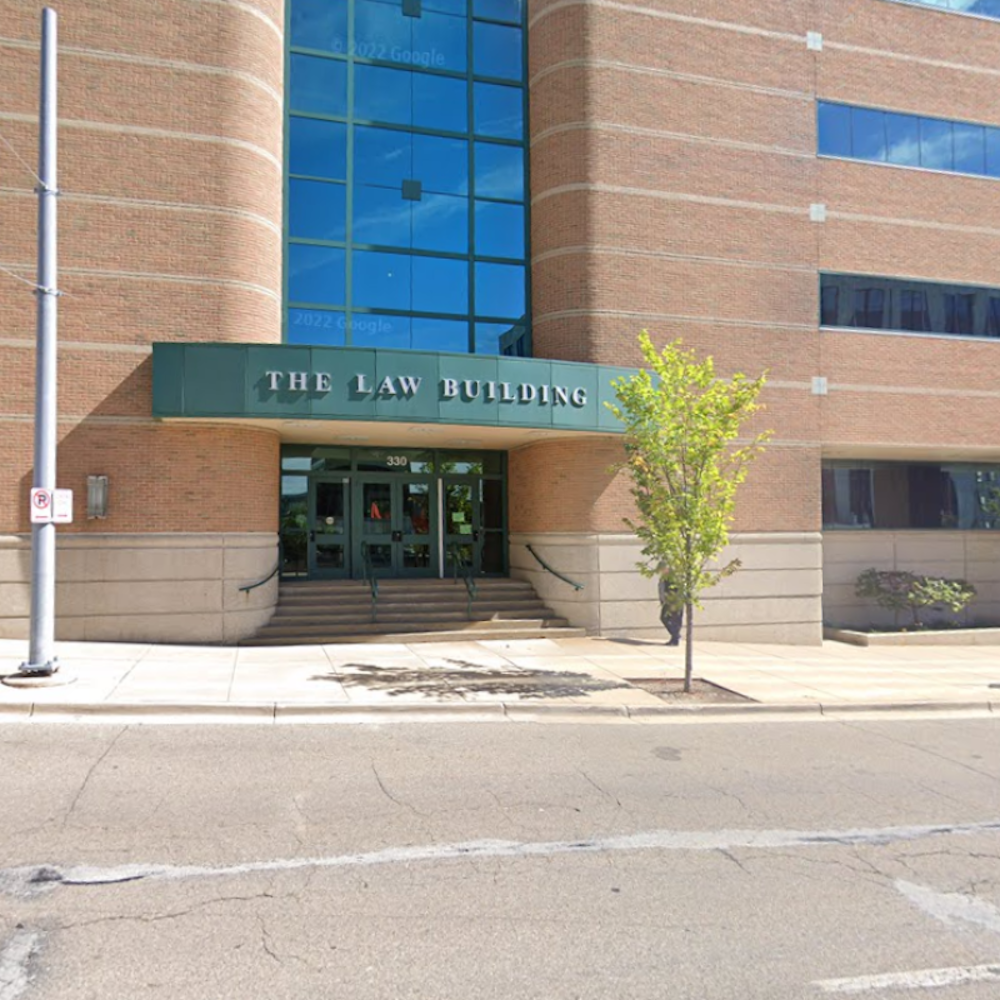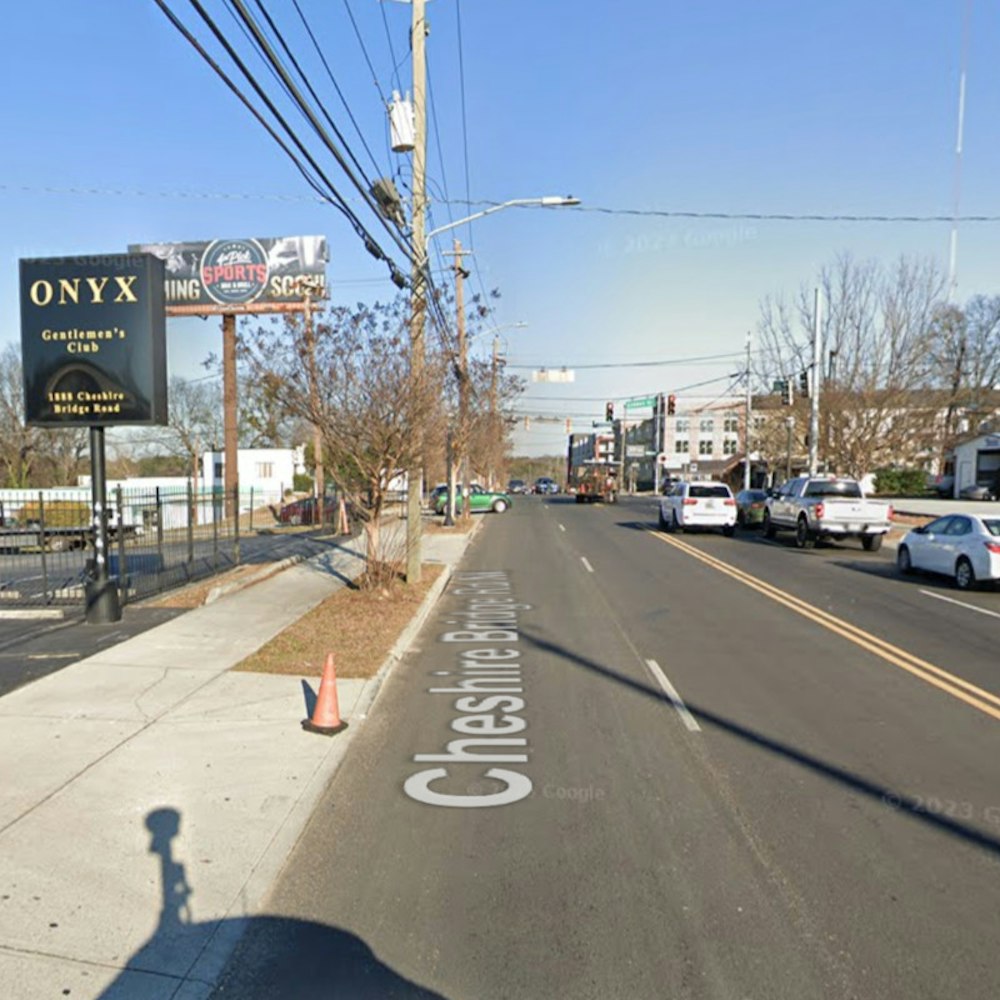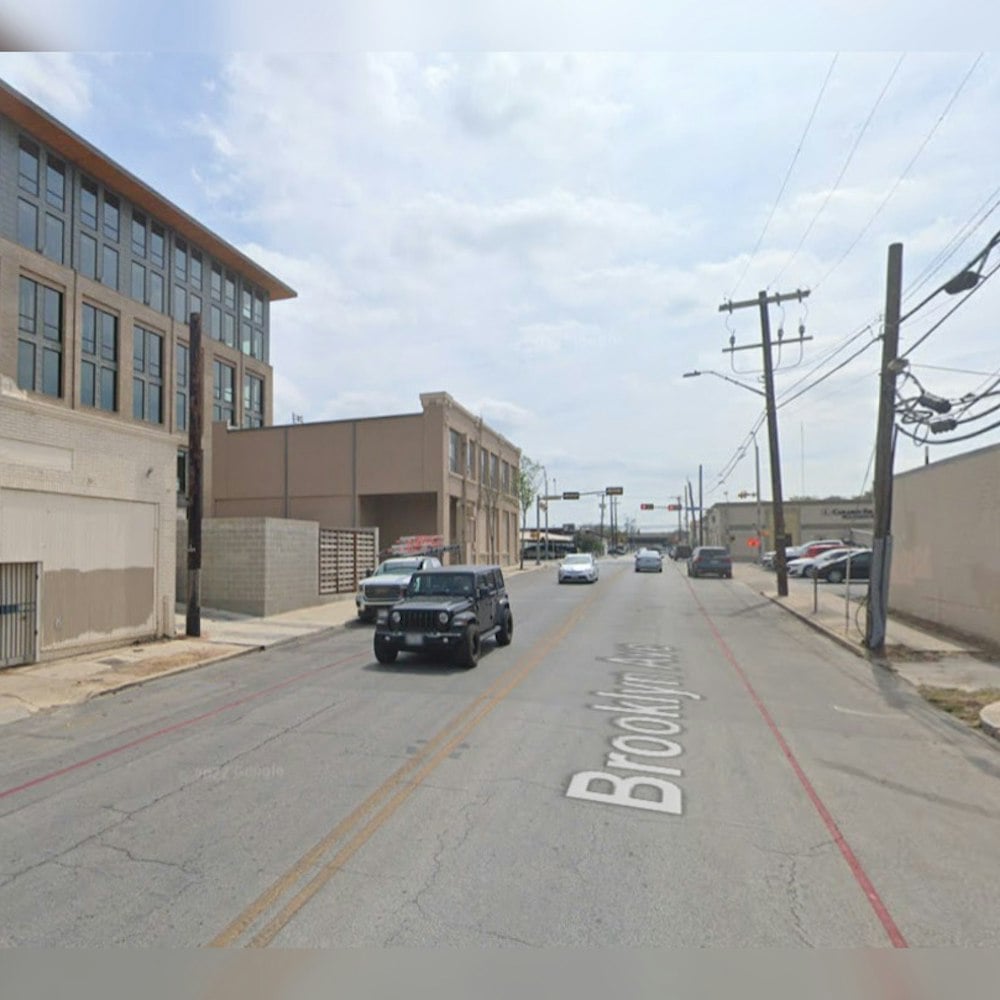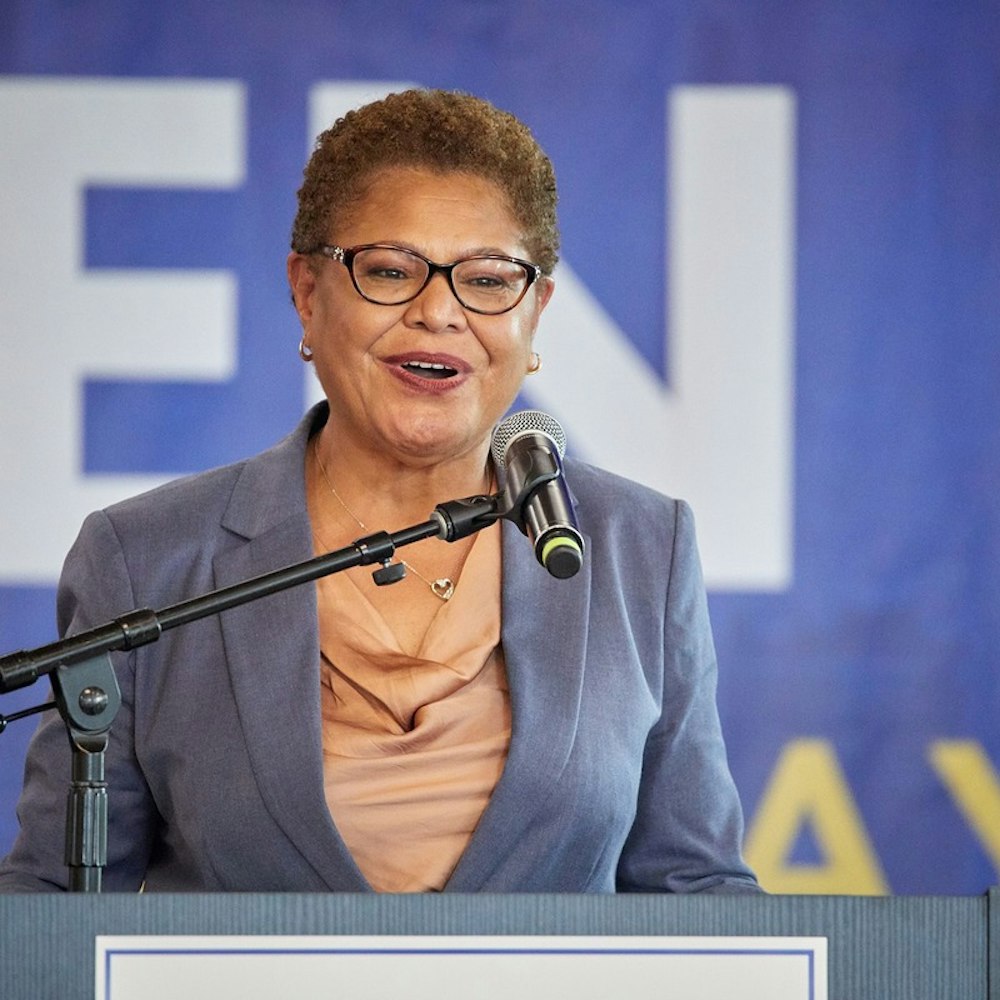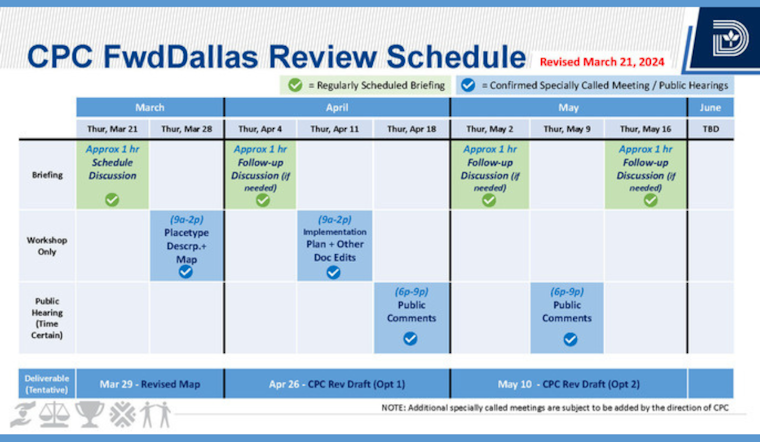
Dallas is drafting its future, and you've got a say in the blueprint. Dallas' City Plan Commission (CPC) is rolling up its sleeves, delving into ForwardDallas draft #3, released February 2024, and is asking residents to join the conversation. Eager citizens can dial into the CPC ForwardDallas workshops on March 28 and April 11, from 9 a.m. to 2 p.m., to discuss the plan shaping tomorrow's Dallas, according to the City of Dallas.
For those preferring a more face-to-face interaction or can't make the workshop times, the city's got you covered. Public hearings will be taking place on April 18 and May 9, from 6 p.m. to 9 p.m., where the voices of the community will be front and center. The hearings are accessible both online and in person, ensuring no one gets left out of the conversation about Dallas' future growth.
This comprehensive plan is Dallas' roadmap to managing a population boom, expected to reach heady numbers in the coming decades. "The plan establishes a framework, grounded in equity, for how Dallas should grow, preserve and transition," according to the City of Dallas. The importance lies in steering clear from the piecemeal planning of the past, ensuring the city can channel its growth efficiently, preserving valuable areas, and smoothing out the land-use wrinkles.
Among the key considerations is the introduction of 'Placetypes,' broad-stroke concepts describing the DNA of the city's neighborhoods, mixed-use areas, employment hubs, and slices of open space. No, ForwardDallas 2.0 won't swipe away your property zoning. "ForwardDallas is a land use guide and does not result in rezoning any part of the city," per the City of Dallas, clearing up a common misconception. For zoning changes, expect a knock on the door—there's a separate public process that ends with the City Council's stamp of approval.
The plan isn't about axing single-family zones either but talks about housing diversification in strategic spots across the cityscape. Another hot topic is Accessory Dwelling Units (ADUs), which the plan recommends Dallas explore more liberally. "Explore updating the development code to allow Accessory Dwelling Units in residential districts and incorporate design standards to ensure neighborhood compatibility," as per the City of Dallas. However, any changes would go through the wringer—a change to the City’s development code with public meetings and a procession through committees before the City Council gets its gavel on it.

